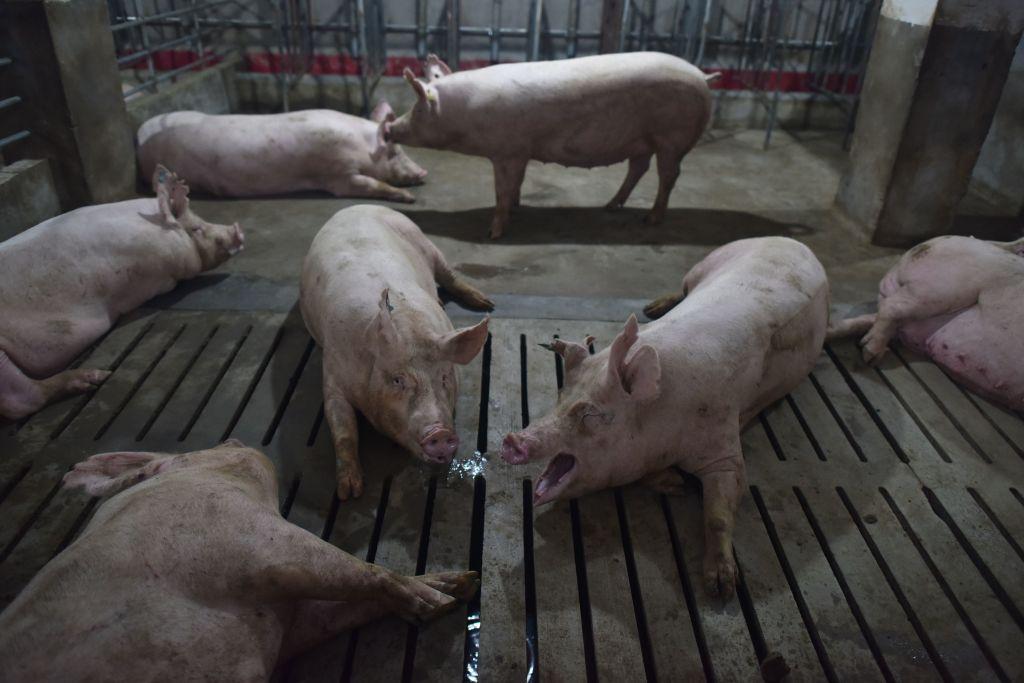South Korea says some pork products brought into the country by people returning from China have tested positive for African swine fever (ASF).
Hong Nam-ki, chief of South Korea’s Office for Government Policy Coordination, confirmed the detection at an interagency meeting, according to an Aug. 27 report by South Korean media Yonhap News Agency. The meeting was called to discuss preventive measures following the confirmation.





